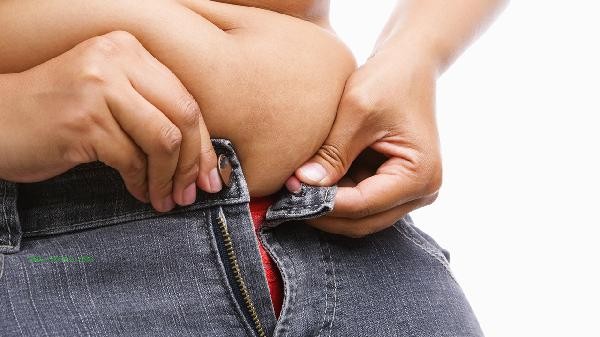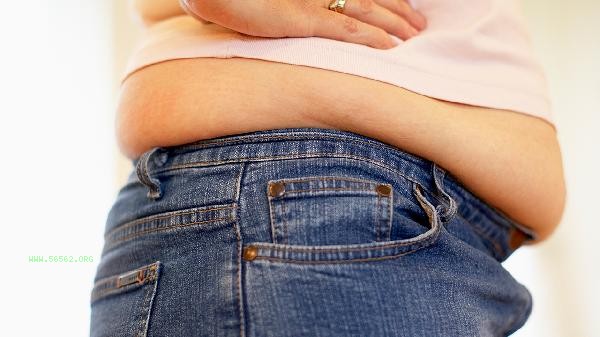Eating at night can easily lead to excess calories and metabolic disorders, which is the main reason for avoiding late night snacks during weight loss. The impact of late night snacks on weight loss is mainly related to factors such as decreased insulin sensitivity, increased fat accumulation, disrupted circadian rhythms, increased digestive burden, and decreased sleep quality.

1. Decreased insulin sensitivity:
The human body's nighttime insulin sensitivity is reduced by 20% -30% compared to daytime. Eating after 23:00 will stimulate abnormal insulin secretion and promote fat synthesis. Research has shown that a late night snack with the same calorie content converts 15% more body fat than eating during the day, and is particularly prone to accumulating around internal organs.
2. Increased fat accumulation:
The basal metabolic rate at night is 12% -15% lower than during the day, and the excess calories ingested are more easily converted into fat storage. Experimental data shows that adding 500 calories of late night snacks every night can increase weight by 2.3 kilograms per month, of which 75% is adipose tissue.
3. Disruption of circadian rhythm:

Eating at night can interfere with the expression of clock genes CLOCK and BMAL1, disrupting the rhythm of fat metabolism. Continuous late night snacks can reduce the activity of lipolytic enzymes by 40% and increase the level of ghrelin by 28%, forming a vicious cycle.
4. Increased digestive burden:
gastrointestinal peristalsis slows down by 60% during sleep, and staying in the digestive tract during late night snacks may cause gastroesophageal reflux. Long term nighttime eaters are 3.2 times more likely to experience indigestion than the general population, indirectly affecting normal metabolism the next day.
5. Decreased sleep quality:
Core body temperature rises by 0.5 ℃ after eating and takes 2 hours to recover, reducing deep sleep time by 25%. Sleep deprivation can reduce leptin levels by 18% and increase ghrelin levels by 24%, significantly enhancing appetite the next day.

It is recommended to finish dinner between 18-19 pm and choose high protein, low GI foods such as eggs and sugar free yogurt. If additional meals are necessary, you can consume low-fat milk or a small amount of nuts within 200 calories before 9 pm. Establish regular sleep habits and ensure that you go to bed before 23:00. During the day, increase strength training appropriately to improve basal metabolism, and soak in water such as mint and tangerine peel to alleviate nighttime hunger. Not eating late night snacks for 21 consecutive days can help reset the biological clock regulation mechanism.




Comments (0)
Leave a Comment
No comments yet
Be the first to share your thoughts!